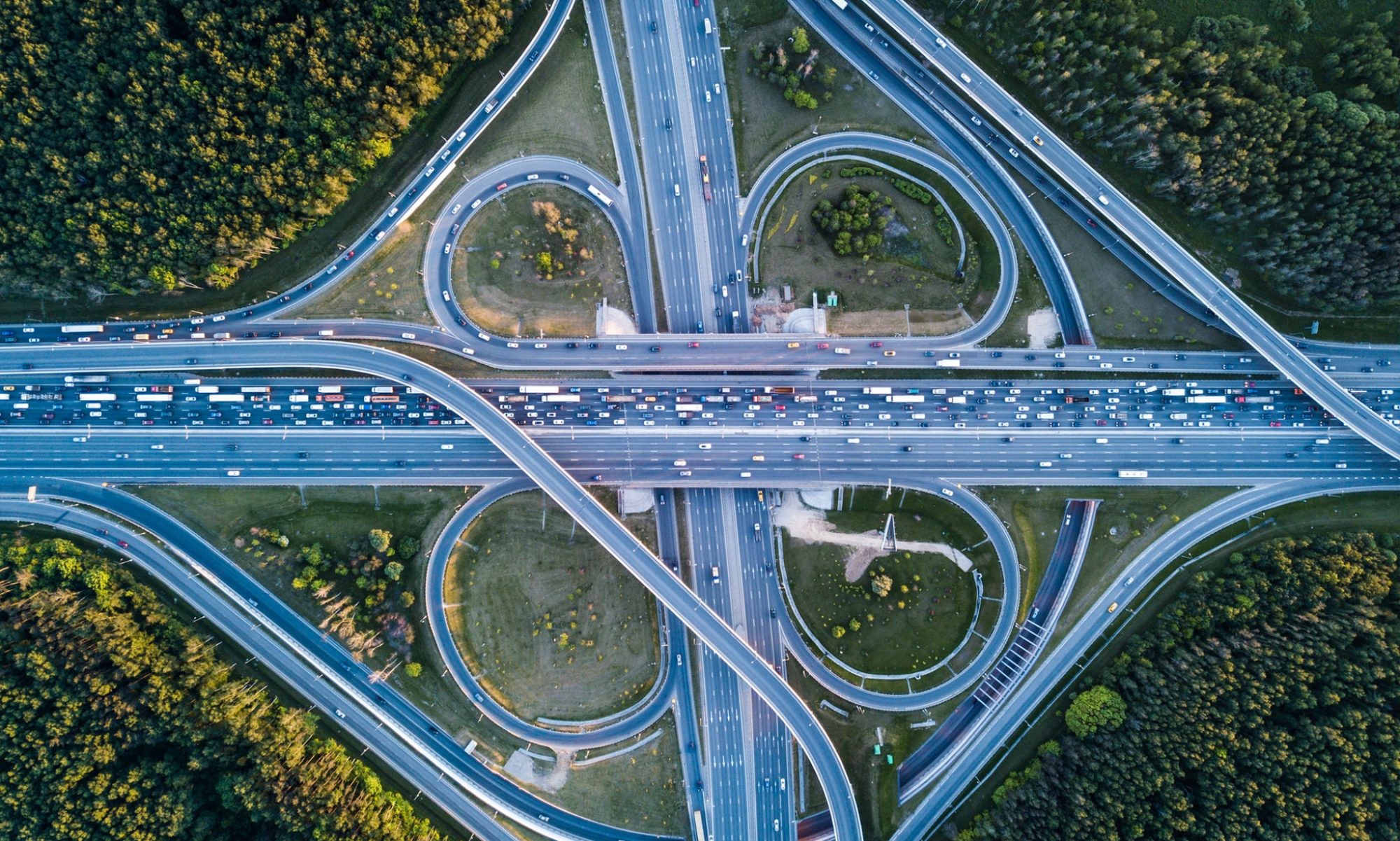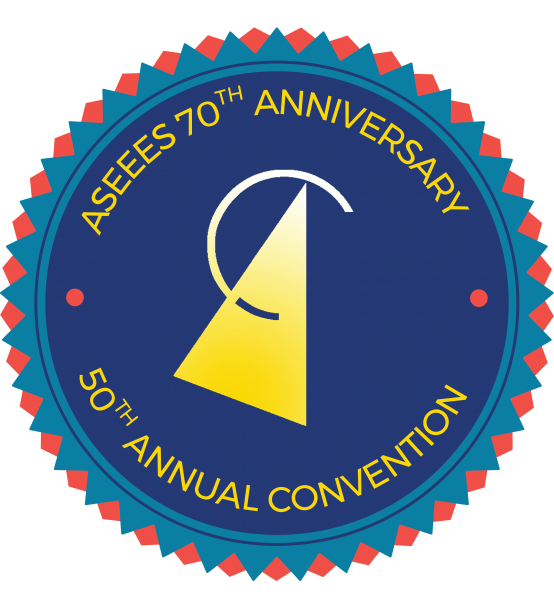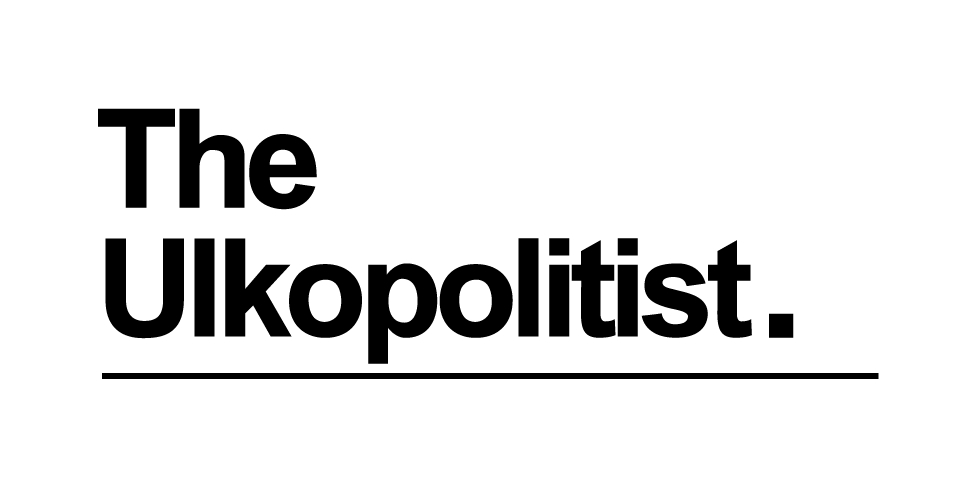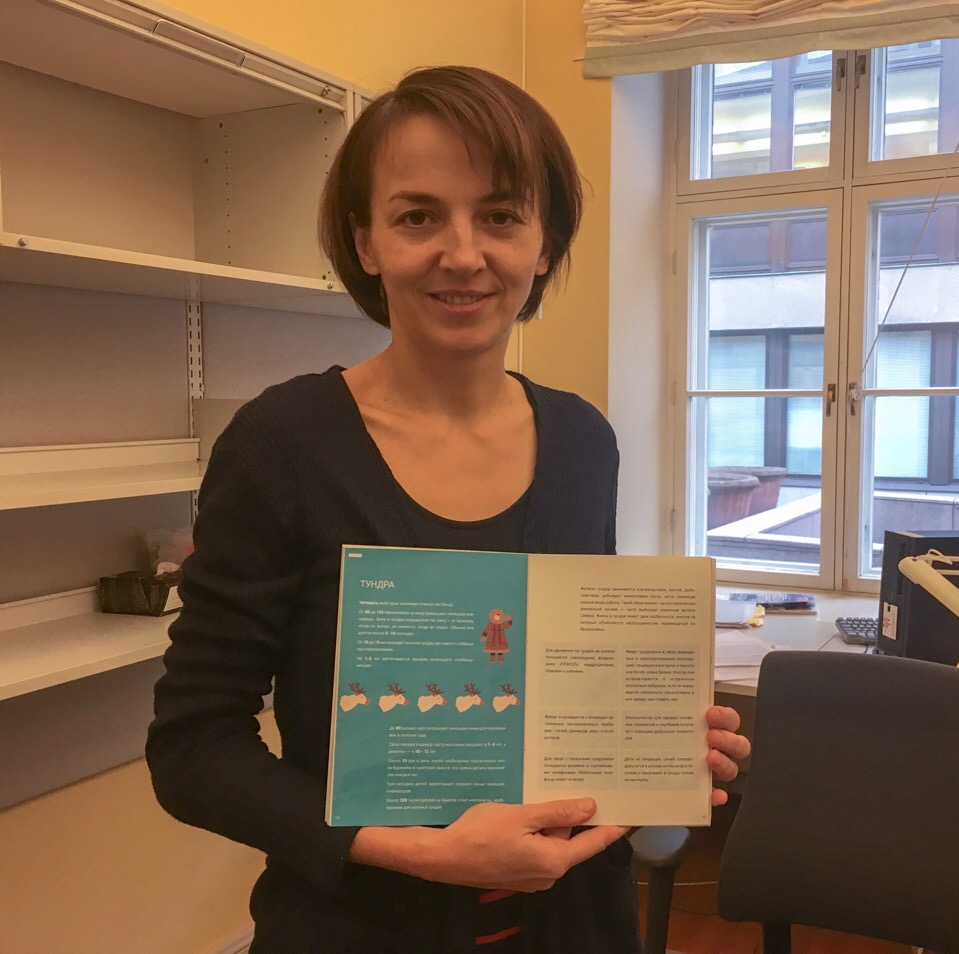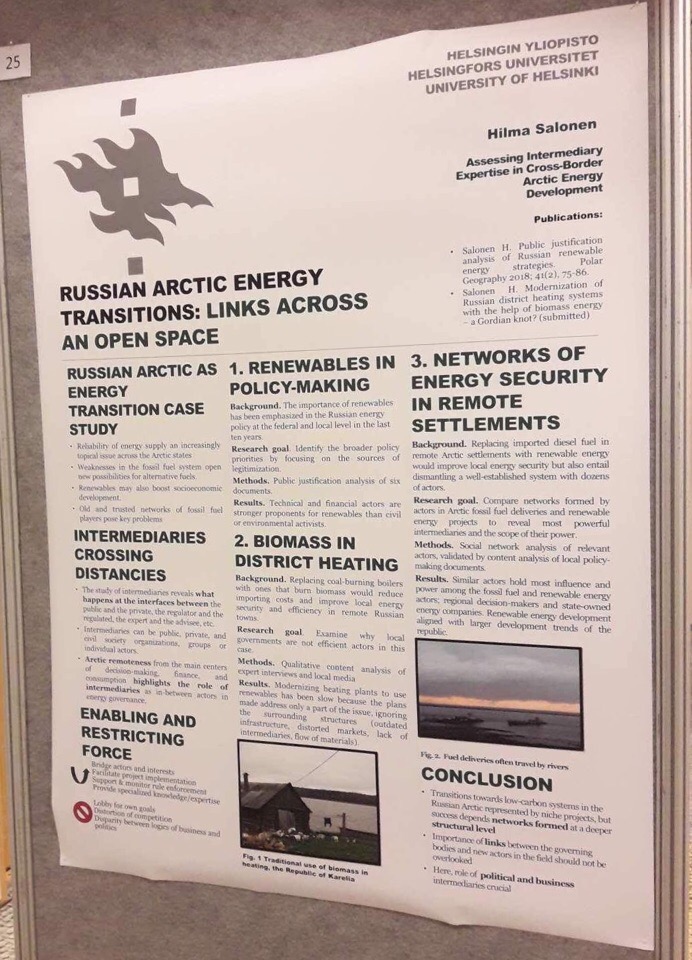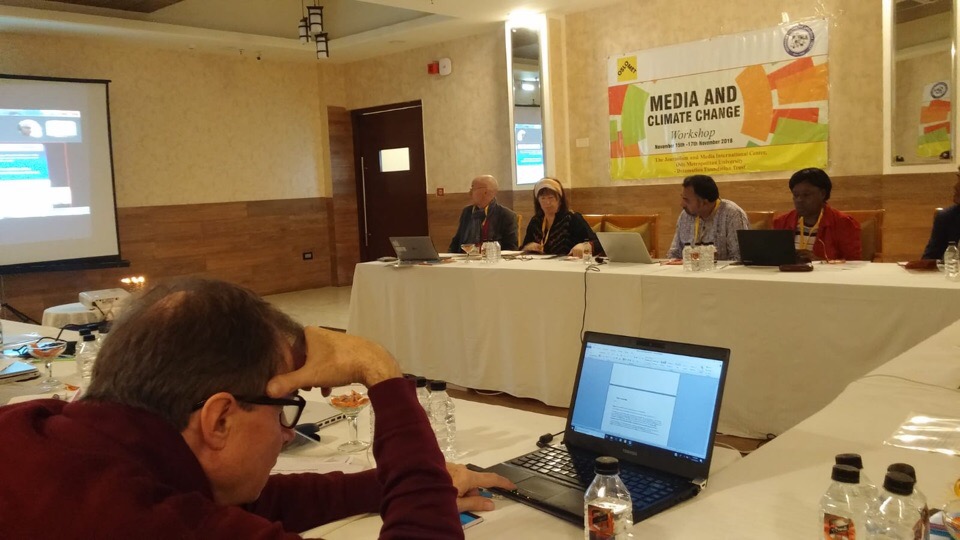On 6th-9th of December ASEEES 50th Annual Convention is taking place in Boston, United States.
From our team, Stephanie Hitztaler is taking part in the conference. She is a participant at the roundtable “Doing Research in Post-Soviet Spaces: Reports on Recent Fieldwork” today, on Friday, 7th of December.
Coming up with research questions is only one part of our work as academics; the ways in which we answer them is another major aspect. This roundtable panel will discuss strategies for adapting to the varied landscapes—political, social, and cultural—of doing research in the former Soviet Union, touching on working with local academic communities, technological limits and capabilities, and specific challenges at research sites. Panelists from history, sociology, geography, anthropology, and interdisciplinary fields will discuss the ever-evolving constellation of research methods and methodologies, including the value and mechanics of doing mixed-methods approaches, the impact of the rising emphasis on interdisciplinarity, and the role and importance of recognizing researcher subjectivity, in their recent fieldwork in Ukraine, Russia, and Central Asia.
Stephanie will also chair the panel “The Soviet Anthropocene” on Sunday, December 9th.
More information can be found on the
conference website.
